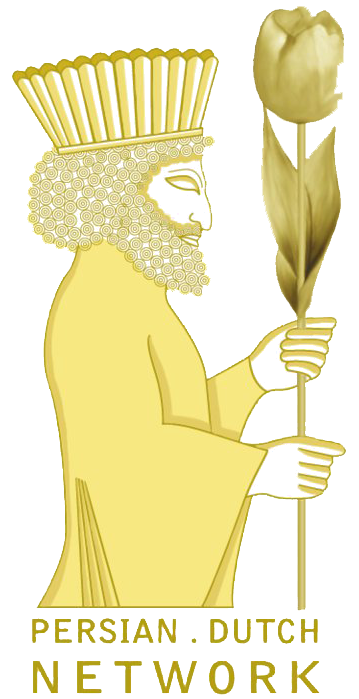Aurora / سحرگاه
Directors: Masume Samereh Rezaei, Hossein Hosseini (World Premiere)

Twenty-five years ago, when the Taliban took over Afghanistan and music was banned, Gholam Nabi and his family suffered a lot of oppression. He and his son manufacture the rabab, a string instrument with origins dating back to the seventh century, and one of Afghanistan’s national musical instruments. The Taliban consider their livelihood to be haram, and impose severe punishment on those who act against them. Gholam Nabi faced death many times and was imprisoned in Taliban prisons. The memories of those difficult years weigh heavily on him and his family. Now that Afghanistan is once again under Taliban rule, the nightmare has returned.
This time, the whole family decides to leave the country. Aurora shows the preparations for their flight: hiding the instruments, saying goodbye to loved ones, the sorrow of the difficult decision. The sound of the rabab is deeply intertwined with Afghan history and their departure means that part of the country’s soul is also disappearing. Will Gholam Nabi and his family reach safety? Will the sound of the rabab be heard once again?
How Dare You Have Such a Rubbish Wish
Director: Mania Akbari
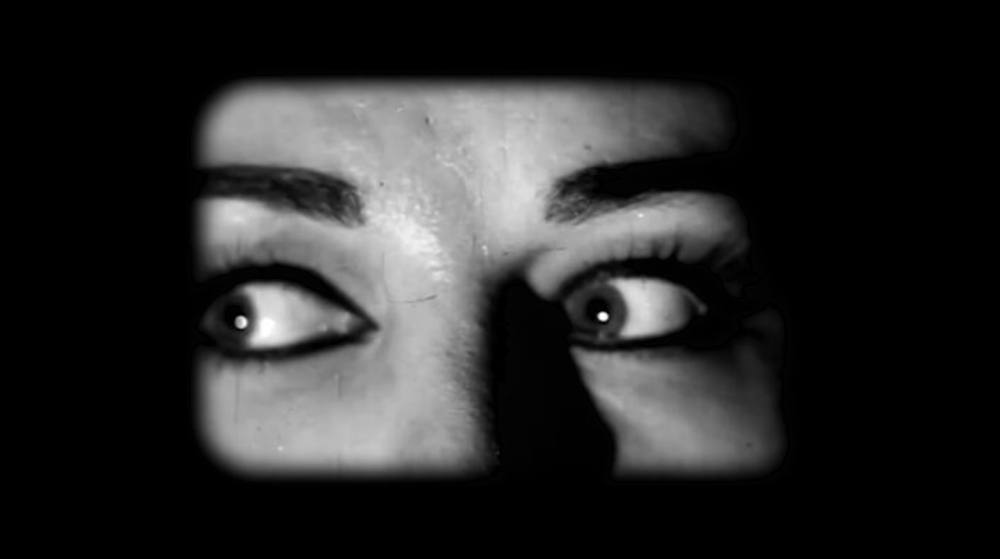
Prominent filmmaker, artist and actress Mania Akbari reclaims her body—and that of all the other women in Persian film. Using almost a hundred excerpts spanning Iran's film history, from the silent era to just after the Islamic Revolution—films that have all since been banned—she tells a story of liberation, exploitation, emancipation and ultimately oppression.
Dancing women, women eager to marry, intoxicated women, women in underwear, running women in short dresses: all filmed from a male perspective, with a male gaze. Even in the free years before the revolution, we were oppressed, Akbari points out powerfully in this confrontational essay.
The excerpts, which take on a more documentary character around the period of the revolution, are interspersed with shots of Akbari herself, who is getting a floral tattoo on her breasts. In the voice-over she addresses the male directors: “I’m not making a film, I’m gazing into your gaze.”
Salam Cinema
Mohsen Makhmalbaf
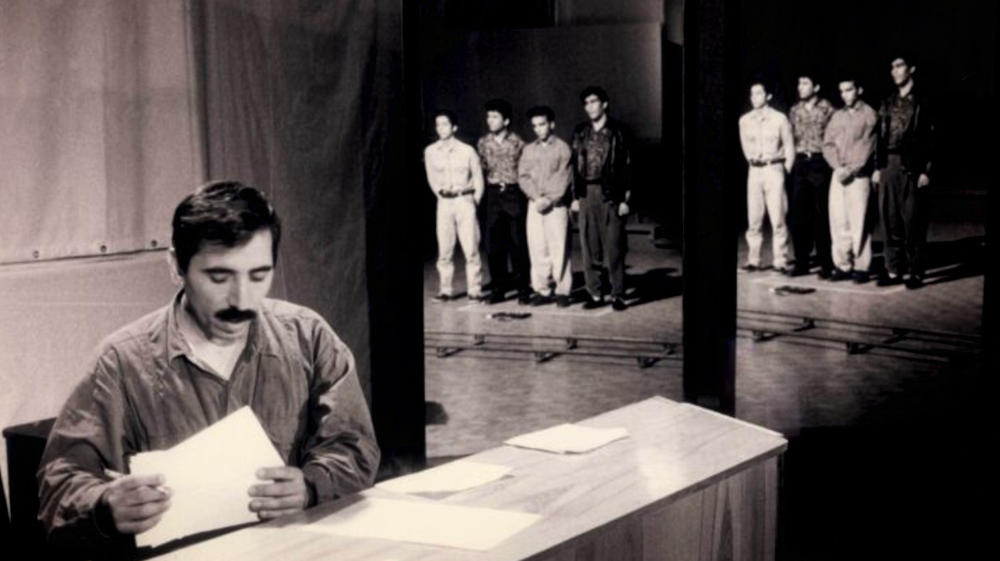
In 1995, Mohsen Makhmalbaf posted a casting call in Persian newspapers to find actors for a film about the centenary of cinema. Thousands of people showed up. “We’ve already started shooting,” the director informs the endless crowd. “We will select about a hundred of you and some will get leading roles in the film. You are both the subject and the actors of this film. So I’d just like to welcome you to your own film.”
As an enlightened despot he interviews the eager candidates, ordering them to cry within 10 seconds, laugh or dance. People who are normally quiet and suspicious in their everyday lives answer the most intimate questions here; others don’t shy away from manipulating the truth. It demonstrates the mystique of cinema, which seems to create a separate place beyond reality. The wannabe actors surrender to the man they think can determine their fate, not knowing that their part in the film will be the role they are playing here. An intriguing game with the boundaries between fact and fiction unfolds on both sides of the table, providing insight into the psychology of power and submission.
Silent House / خانه خاموش
Directors: Farnaz Jurabchian, Mohammadreza Jurabchian
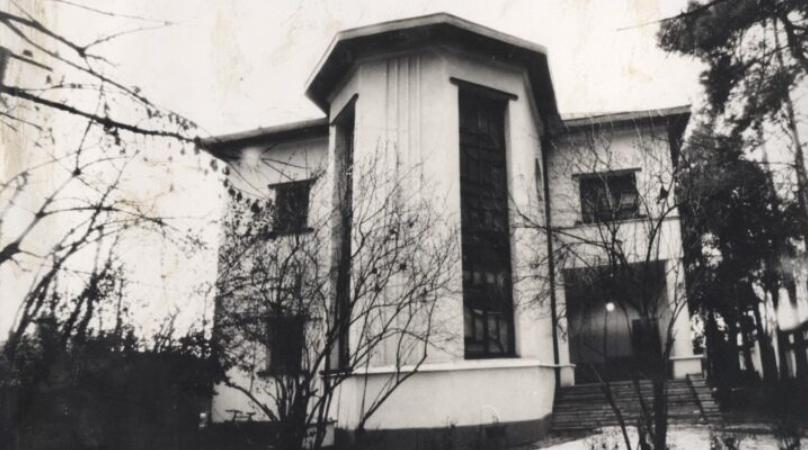
Set against the turbulent backdrop of Persian (Iranian) history over the last 40 years, Silent House tracks the fortunes of three generations of an upper-middle-class Iranian family. At the center of the story stands the century-old house in Tehran in which the family lived through both happy and tragic times.
The filmmakers, a brother and sister in the family, were able to draw on the rich archive of family home movies, placing them alongside historical material as well as interviews with relatives. Charting the changes experienced by the members of this traditional family following the 1979 revolution until the present time in a highly personal narration, they weave together a rich tapestry of social and political themes. With the house itself as a silent witness, the family’s story becomes a mirror of society.
Nominated for the IDFA Award for Best First Feature
INFO & TICKET .
Subtotal / مجموعا
Director: Mohammadreza Farzad
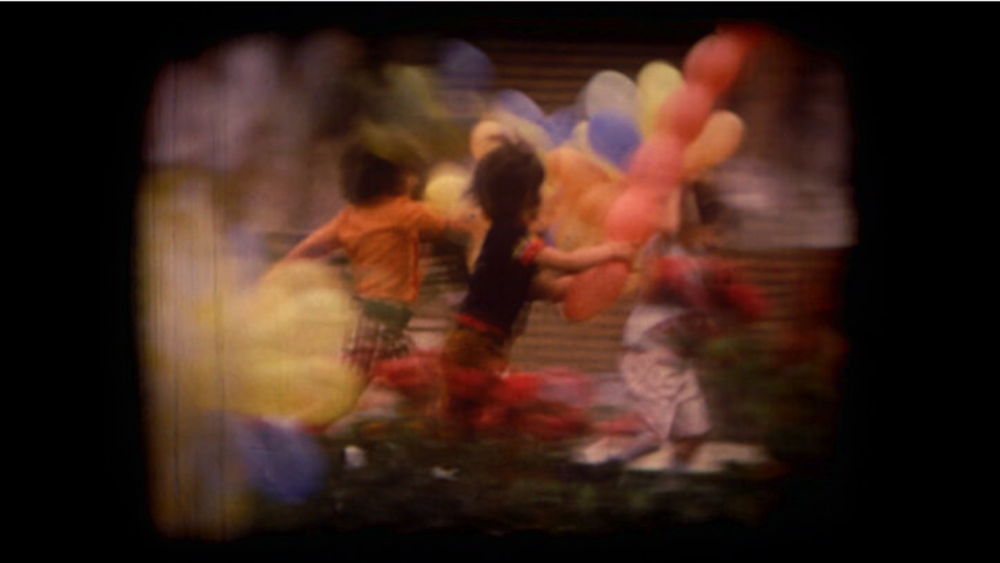
A poetic essay meticulously constructed from clips of Iranian 8mm home videos from bygone days. As we watch birthdays and wedding parties, people dancing, laughing, swimming or just relaxing, a narrator, in a contemplative, sometimes heavy voice, enumerates series of dry facts. But what does it matter how many kisses one received, how many times one truly laughed or what time one went to bed or got up? Can adding up such numbers sum up a life?
These listings of figures alternate with brief confessional phrases that evoke an entire hidden world: “Because I am funny, people think I'm happy,” and “I love myself less than I have been loved.” Subtotals was inspired by the eponymous short story by Gregory Burnham and Édouard Levé's novel Autoportrait.
This Is Not a Film / این فیلم نیست
Director: Jafar Panahi, Mojtaba Mirtahmasb
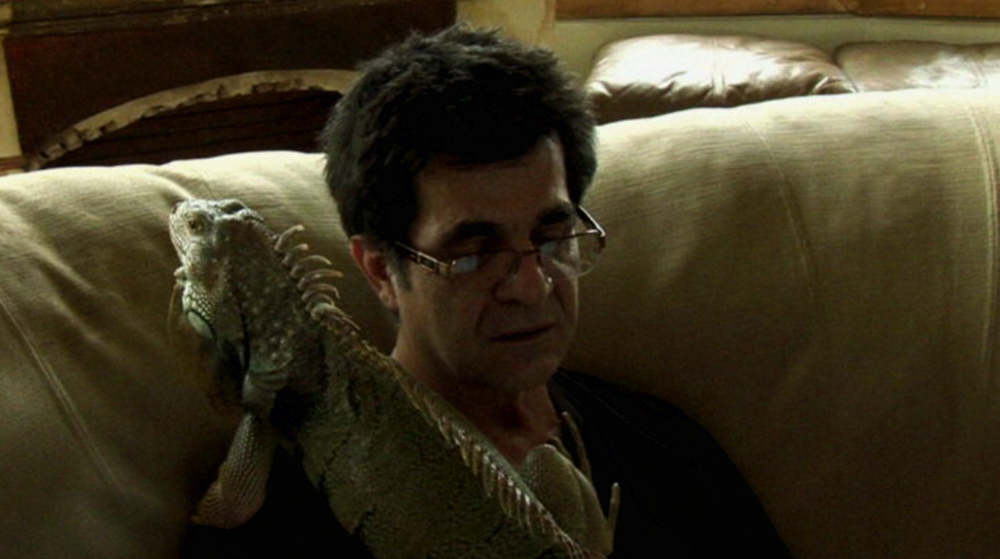
“Now how can I really express myself inside that boundary with the lines I drew? How can I tell the sense and feeling in this kind of film? Not possible.” These are the words of the celebrated Iranian filmmaker Jafar Panahi, who is frustrated as he watches scenes from earlier work, and attempts to visualize his new film—the production of which was cut short by his arrest—on the carpet at home.
Panahi made this “not-a-film” while he was under house arrest, awaiting the appeal he had made against a previously imposed prison sentence and a ban prohibiting him from making films. This documentary was smuggled out of the country on a USB stick, hidden inside a cake, to have its premiere at the 64th Cannes Film Festival.
This Is Not a Film shows a day in the life of this isolated filmmaker, and is dedicated to Iranian filmmakers whose work is being made impossible by the regime. In July 2022, when he went to the prosecutor’s office to inquire about the situation of film director Mohammad Rasoulof, who had been arrested earlier, Panahi was detained and brought to the infamous Evin prison.
Follow PERSIAN DUTCH NETWORK : Facebook | Twitter | Telegram
For the free monthly newsletter please send us an e-mail:
info [at] persiandutch.com
